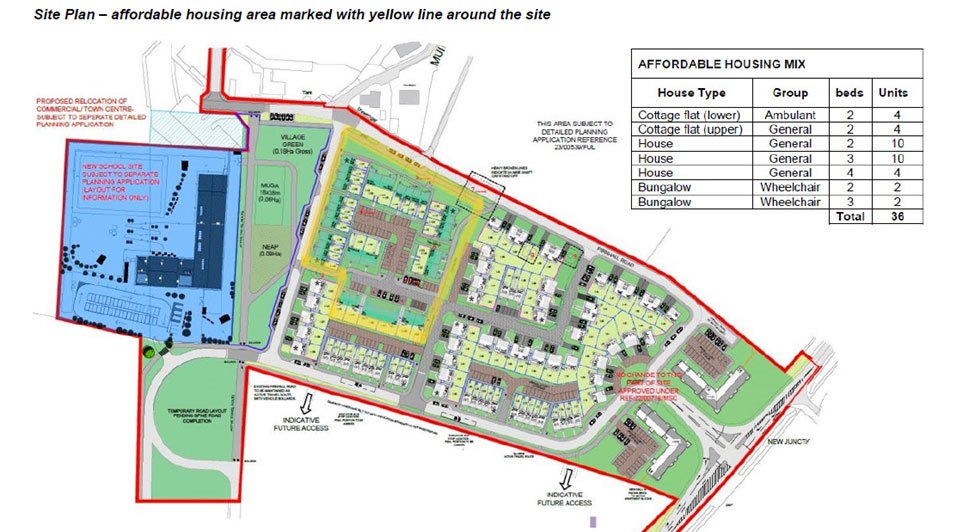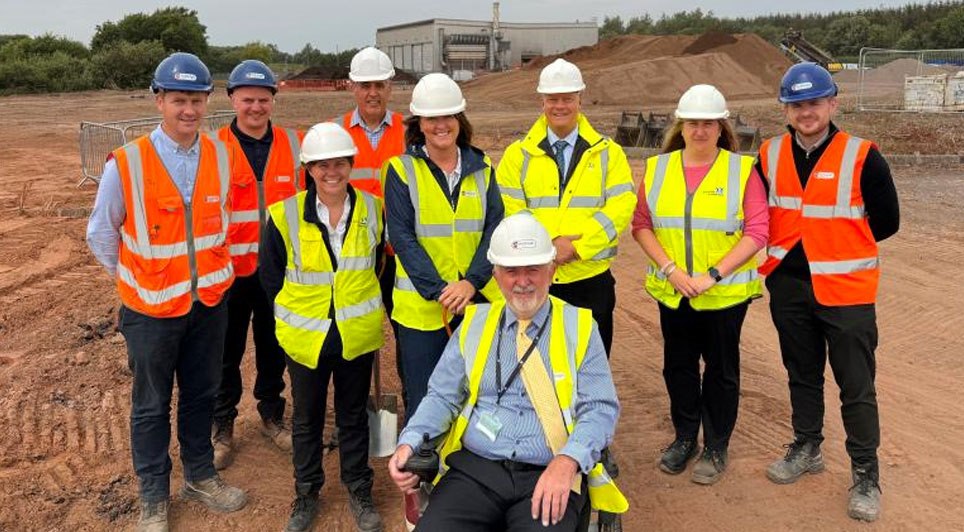The Scottish Government's revised Heat in Buildings Bill announcement has failed to address the fundamental challenge of how heat decarbonisation will be delivered, according to the Scottish and Northern Ireland Plumbing Employers' Federation (SNIPEF).
The organisation has raised concerns over the absence of any mention of workforce skills development, installer training programmes, or targeted financial support for small and medium-sized enterprises (SMEs), despite the fact that SMEs are expected to undertake 80% of future heat pump installations.
While SNIPEF welcomed the shift towards more realistic long-term targets and a renewed emphasis on tackling fuel poverty, it stressed that the announcement lacked critical detail on how Scotland intends to cultivate the skilled workforce and business capacity necessary for the large-scale installation of low-carbon heating systems.
Fiona Hodgson, Chief Executive of SNIPEF, stated: "We support the Government's intention to move away from immediate restrictions on homeowners and instead focus on national targets. That change of tone is constructive and gives the plumbing and heating profession a clearer signal on the direction of travel. But today's announcement is silent on how the work will actually get done. There is no reference to skills, vocational training or business support; yet these are the foundations on which success depends. Without them, we risk setting targets that are simply undeliverable."
SNIPEF, which represents over 700 member firms employing over 3,500 plumbing and heating professionals, also highlighted the increasing financial pressures faced by smaller businesses, particularly concerning the rising costs associated with apprenticeships following significant increases in minimum apprentice wage rates.
The Federation is urging the Scottish Government to ensure that the forthcoming Bill and accompanying policy measures include:
• Dedicated and easily accessible funding mechanisms for SMEs to support the upskilling of their workforce and investment in low-carbon technologies.
• Increased investment in apprenticeships and vocational education pathways to cultivate a future-ready workforce capable of delivering the transition.
• A clear and stable policy direction that provides businesses with the confidence needed to plan for and invest in the low-carbon heating market.
"Around 80% of our members still work in the traditional heating market," added Hodgson. "They are willing to play a key role in Scotland's transition, but they can't do that without practical support. Skills, training and SME capacity must be at the heart of the next stage. Apprenticeship funding has remained stagnant for over eight years, placing additional financial strain on small businesses already managing rising employer National Insurance contributions, increased minimum wage rates and growing operational costs. These pressures are real, and without targeted intervention, they risk choking off the very workforce we need to deliver change."
Construction News
09/04/2025
SNIPEF Flag Skills Gap In Revised Heat Decarbonisation Plans


16/06/2025
Work has commenced on a major project to transform the Watersports Centre at Strathclyde Country Park into a multi-purpose community facility, with an ambitious target to reduce the building's carbon footprint by at least 80%.
The initial stage, focusing on improving the building's entrance and ac

16/06/2025
Work is expected to commence this summer on the site for the new Mayfield Community Learning Campus, following Midlothian Council's appointment of Kier as the main contractor.
The £41.8 million project is expected to complete its construction phase by spring 2027, with the overall campus fully ope

16/06/2025
McLaughlin & Harvey has officially handed over the keys to the Ayrshire Hospice's significantly redeveloped facility, marking the completion of an £18.8 million capital build project.
The extensive works were undertaken in close collaboration with the Ayrshire Hospice to substantially improve its

16/06/2025
Aberdeenshire Council has announced the opening of the latest round of its Coastal Communities Challenge Fund (CCCF), making grants of up to £49,999 available to support initiatives along its coastline.
The fund, which distributes revenues generated by Crown Estate Scotland, targets community group

16/06/2025
A crucial route into Stewarton, the B778 Holm Street, is scheduled for closure for approximately two months as Scottish Water proceeds with a significant £16 million package of investments in the town's water infrastructure.
The closure will take effect from Monday, 30th June 2025, impacting Holm S

16/06/2025
Stirling Council is moving forward with plans to deliver 36 high-quality, energy-efficient homes for social rent at Brucefields, a key component of the South Stirling gateway strategic housing site. The Council has now received approval to initiate the procurement process for their construction.
Th

16/06/2025
Significant progress is being made towards the reinstatement of Dunrod Road, a crucial rural link between Greenock and Inverkip that has been closed for some time due to a partial failure and movement of the road caused by various factors, including landslip. Ground investigation works are scheduled

16/06/2025
Bonnybridge is set for significant infrastructure upgrades this summer, with Falkirk Council investing £460,000 in a coordinated programme of resurfacing, regeneration, and accessibility improvements.
The work will focus on Bonnybridge Toll, Memorial Park, and surrounding public spaces.
Funding f

13/06/2025
The first completed section of Glasgow's ambitious £120 million-plus Avenues programme, the Holland and Pitt Street Avenue, has officially opened, marking a significant milestone in the ongoing regeneration of the city centre.
The newly completed avenue features a comprehensive transformation, incl

13/06/2025
Construction has officially commenced on the Dumfries Zero Waste Park (Dumfries ZWP), marking a significant milestone in Dumfries and Galloway Council's commitment to its Waste, Recycling and Reuse Strategy 2023–2030.
The £11.197m investment, drawn from the Council's approved 10-year Capital Invest
 Scotland
Scotland UK
UK Ireland
Ireland London
London











